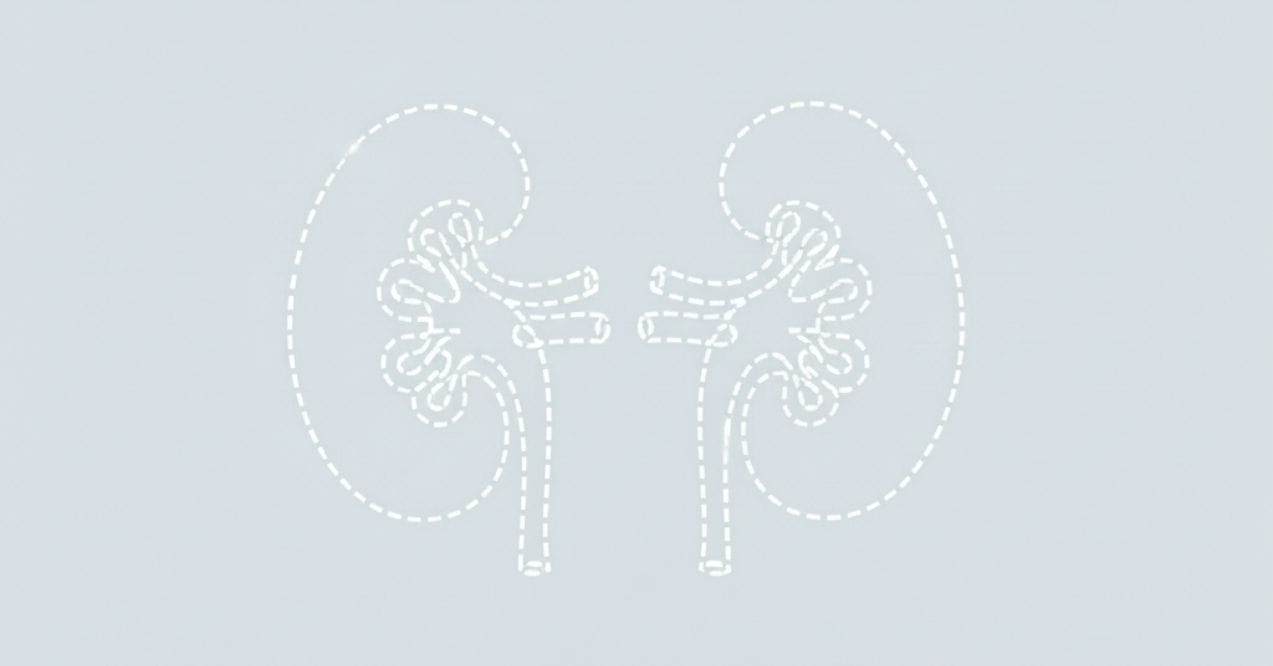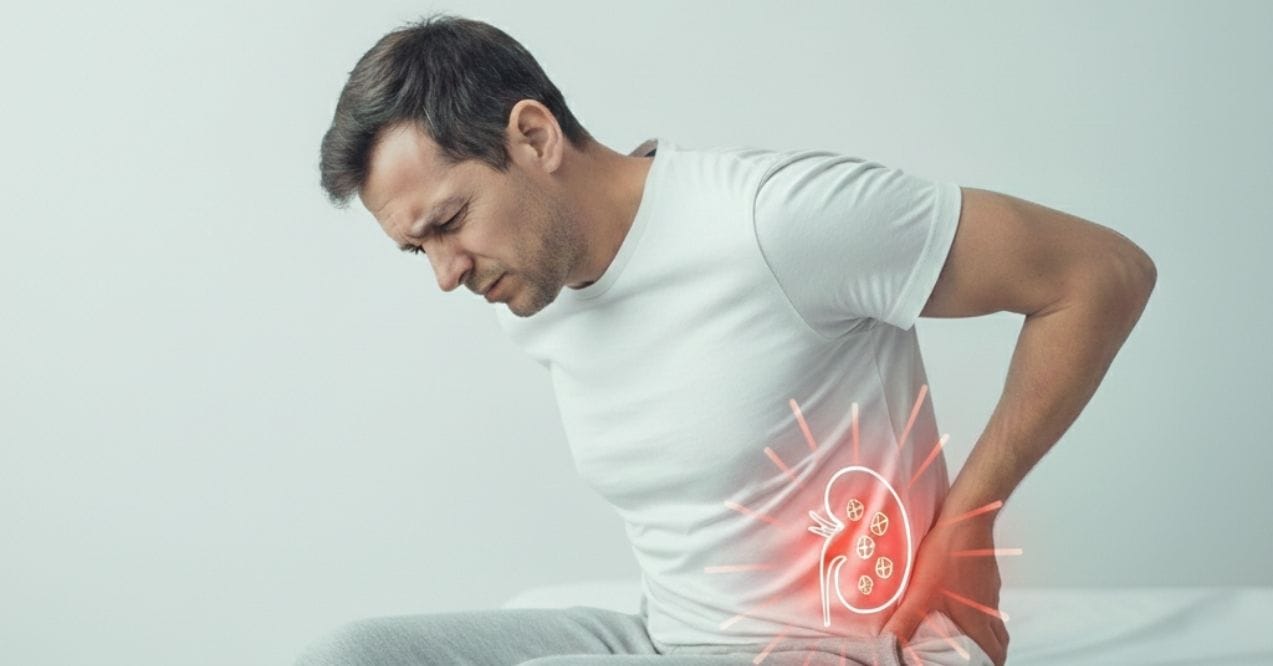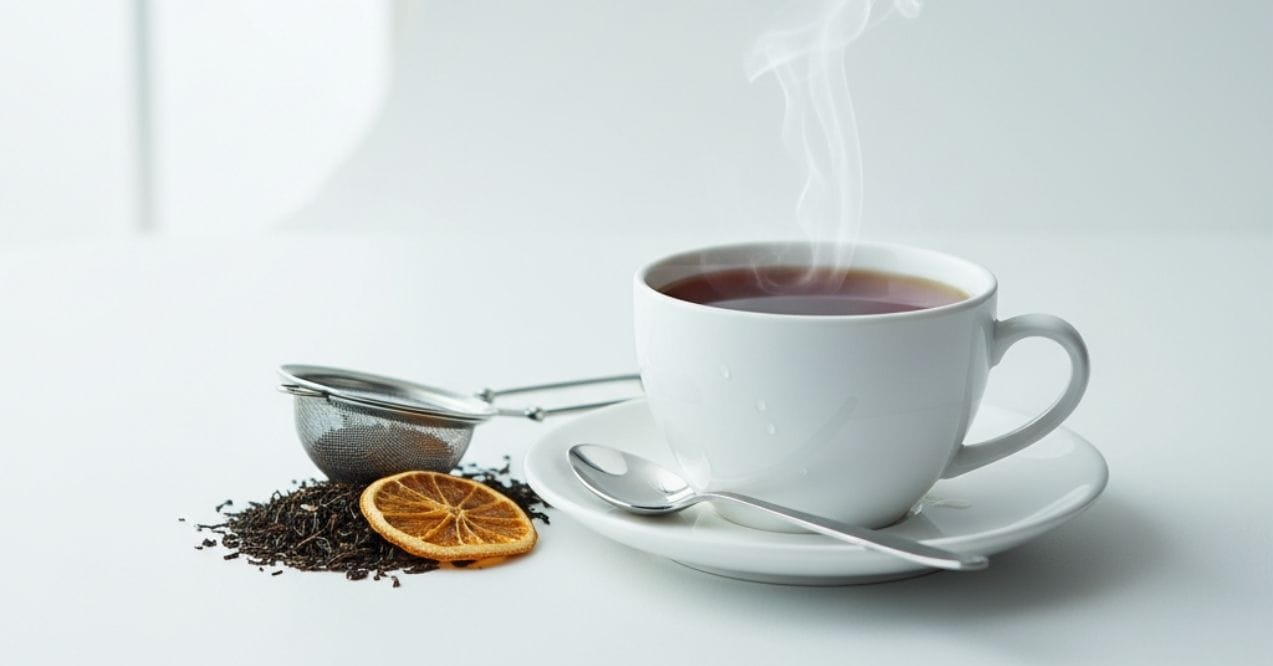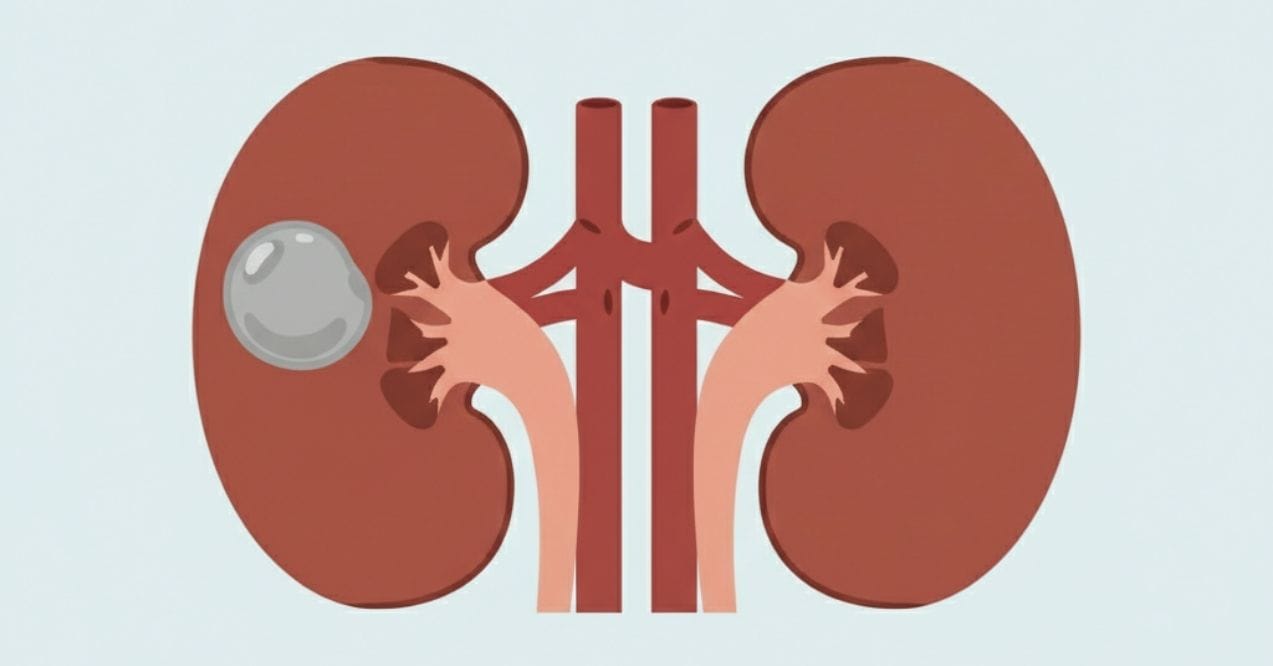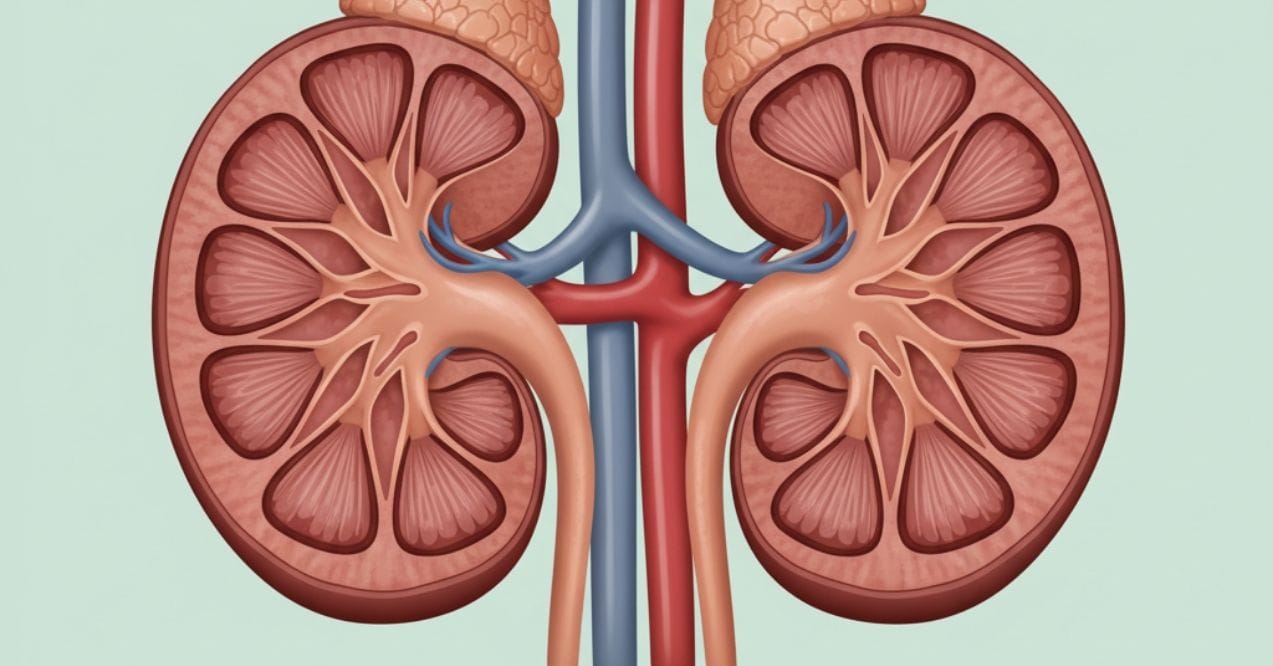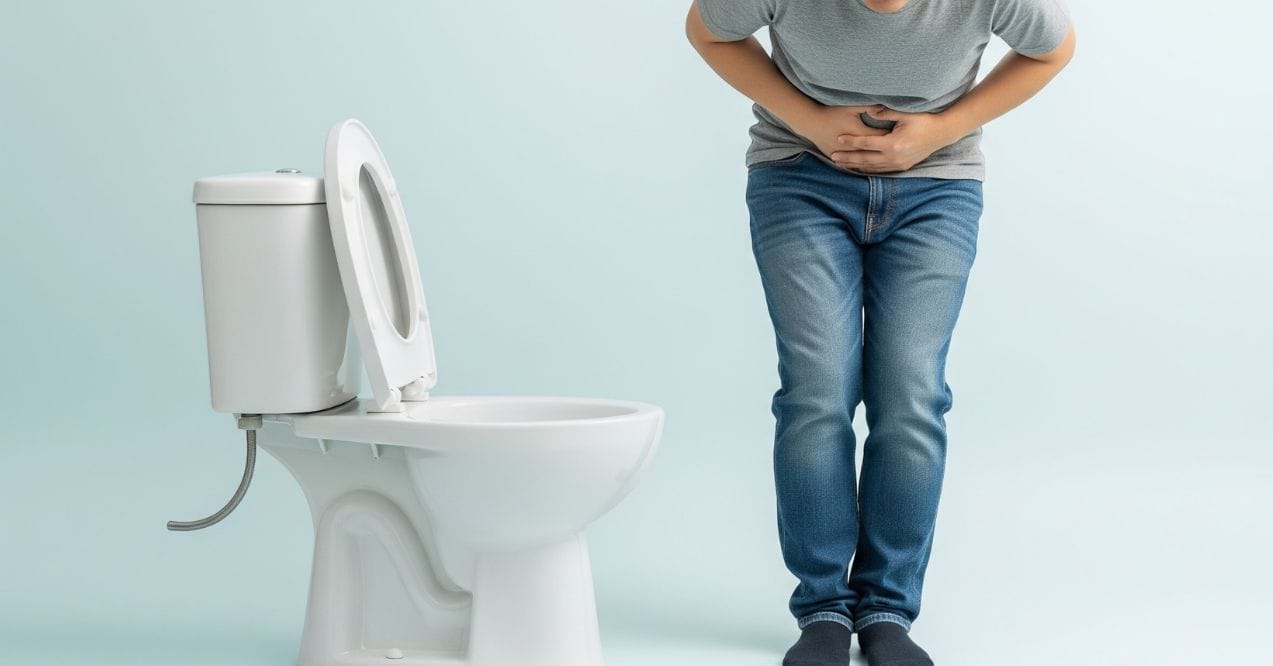Can You Live With One Kidney: Activities, Precautions & Outlook
Can you live with one kidney? Discover how your body adapts, what activities are safe, and precautions to maintain healthy living.


Can you live with one kidney? Yes, and many people do exactly that. Whether born with one kidney, donating to save a life, or having one removed due to medical needs, your body adapts well. This article explores how a single kidney functions and what lifestyle adjustments matter most. You’ll find practical guidance on activities, nutrition, monitoring, and long-term outlook when living with just one kidney.
Can Someone Live With One Kidney?
Having a single kidney is more common than most people realize. About 1 in 2,000 babies are born with kidney agenesis each year. Between 2008 and 2017, more than 58,000 Americans became living kidney donors. Can you survive with one kidney? Absolutely, and the body adapts remarkably to this situation.
When you have one kidney, it undergoes compensatory hypertrophy. The remaining kidney grows larger and works more efficiently. Research shows the kidney typically increases in size by 22-29% after donation. Medical studies indicate that kidney function increases approximately 25-40% in the remaining kidney. Most people with one kidney maintain 60-70% of their pre-donation kidney function. That’s more than enough for daily living.
Common Reasons for Having One Kidney
People have one kidney for several distinct reasons:
- Born with renal agenesis – One kidney never developed during fetal growth
- Kidney dysplasia – Both kidneys formed but only one functions properly
- Surgical removal – Cancer treatment, severe injury, or chronic infection required kidney removal
- Living kidney donation – Healthy individuals gave one kidney to someone facing kidney failure
Each year, over 5,000 Americans become living donors. This demonstrates that one kidney is sufficient for a full life.
What the Remaining Kidney Does
Your single kidney takes on all the functions normally split between two. It filters waste products from your bloodstream. The rate reaches about 120-150 liters per day. The kidney keeps fluid balance stable. This prevents dehydration or excess water retention.
Can you function with one kidney? Yes, because it also produces important hormones. These regulate blood pressure and stimulate red blood cell production. The kidney activates vitamin D too. This helps with bone strength and calcium absorption. While these tasks demand more from a solo kidney, the organ typically handles them well. Most people experience no symptoms or functional limitations in daily routines.
How Long Can You Live With One Kidney?
Life expectancy with one kidney matches that of the general population. This holds true when the kidney remains healthy. Research on kidney donors shows no significant difference in longevity. How long can you live with one kidney depends more on health habits.
Studies tracking donors for decades reveal encouraging outcomes. The 15-year risk of kidney failure for donors sits below 1%. This rate is actually lower than the general population’s risk. Careful screening and healthy living contribute to these excellent results. Age at the time of kidney loss also matters. Younger individuals have kidneys with more reserve capacity. Older adults may experience slightly faster age-related decline.
Key Factors That Affect Long-Term Health
Several factors significantly influence outcomes when living with a single kidney.
Blood pressure management stands out as the most significant factor. High blood pressure can damage kidney blood vessels over time. It may reduce filtering capacity. Regular monitoring helps catch problems early. Keeping readings below 130/80 may help protect function.
Adequate hydration helps the kidney’s filtering processes work properly. Drinking 8-10 glasses of water daily helps flush waste products. It also prevents stone formation.
Avoiding nephrotoxic substances like NSAIDs reduces unnecessary strain. Common examples include ibuprofen and naproxen.
Balanced nutrition with moderate protein intake matters too. Limiting sodium helps as well.
Regular health screenings catch potential problems early. Early intervention works best.
Daily Life and Activities: What Changes With One Kidney?
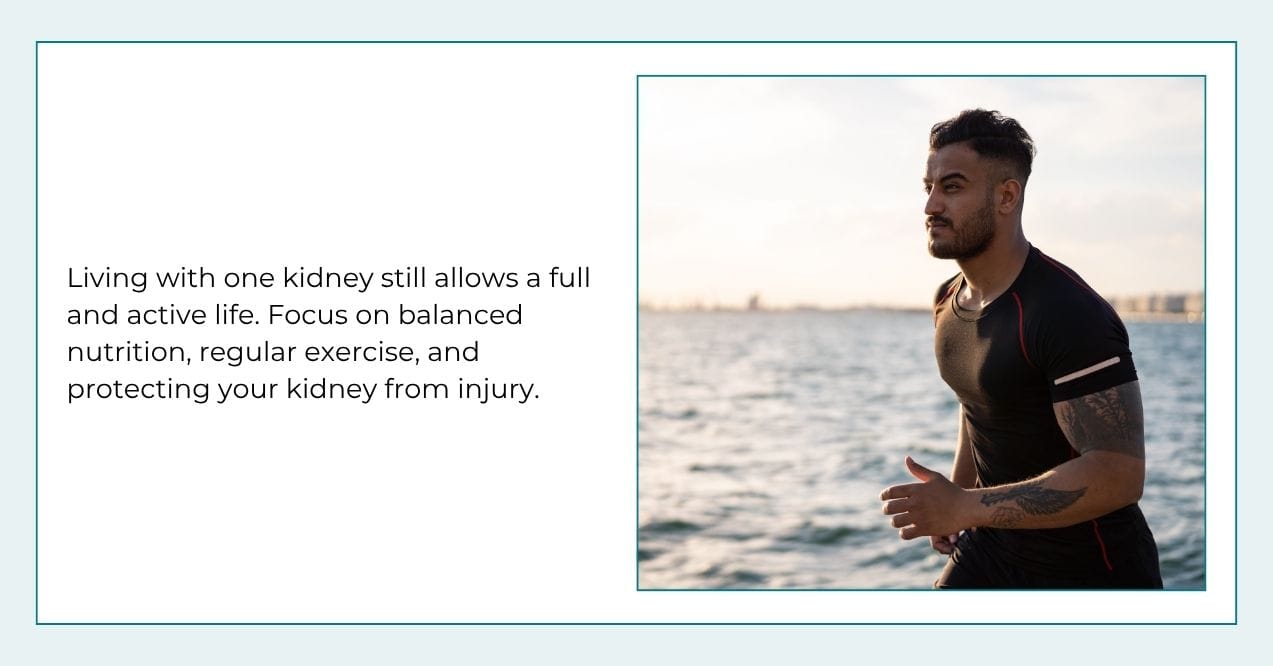
Living with a single kidney requires awareness but rarely demands major changes. Your daily routines continue without interruption. Work life and most recreational activities remain the same. The key lies in making informed choices about injury risks. You also need to be careful about which medications you take.
Most people find their energy levels stay unchanged. Physical capabilities remain the same too. You can travel, work demanding jobs, and pursue hobbies just as before. Pregnancy is generally safe for women with one healthy kidney. Closer monitoring may be recommended though. The main adjustments involve protecting your kidney from trauma. You also need to choose medications carefully.
Physical Activity and Exercise
Regular physical activity benefits kidney health. It also helps your cardiovascular system. Walking, swimming, cycling, and strength training all work well. These activities help keep blood pressure healthy. Aim for 150 minutes of moderate activity weekly. Adjust based on your fitness level.
Contact sports present the primary concern. Football, hockey, boxing, martial arts, and wrestling carry higher risks. Abdominal trauma could damage your kidney. If you choose these activities, protective gear may help. But it cannot eliminate danger entirely. Many healthcare providers suggest selecting lower-impact alternatives. The final decision remains personal. Consider your risk tolerance and discuss options with your medical team.
Diet and Hydration Tips
A whole-foods approach works best. Fill your plate with vegetables, fruits, whole grains, and lean proteins. Limit processed foods high in sodium. Excessive salt intake can elevate blood pressure. It may also strain your kidney’s filtering capacity. Aim for less than 2,300 mg of sodium daily.
Protein deserves careful attention. While too much protein may potentially increase kidney workload, moderate amounts are necessary and safe. Most adults do well with 0.8 grams per kilogram of body weight. Stay well-hydrated throughout the day. Adjust intake based on activity level and climate. Energy drinks warrant caution due to high caffeine and sugar content.
Medication & Painkiller Considerations
Over-the-counter pain relievers deserve special attention with one kidney. NSAIDs like ibuprofen and naproxen can reduce blood flow to your kidney. They may potentially cause damage with regular use. These medications may be acceptable for occasional use. Chronic pain requires safer alternatives though.
Acetaminophen typically poses less risk when used at recommended doses. Always inform healthcare providers about your single kidney status. Tell them before starting new medications. Some antibiotics and blood pressure medications require dose adjustments. Keep an updated list of your medications. Bring it to all medical appointments.
Do You Need Both Kidneys to Be Healthy?
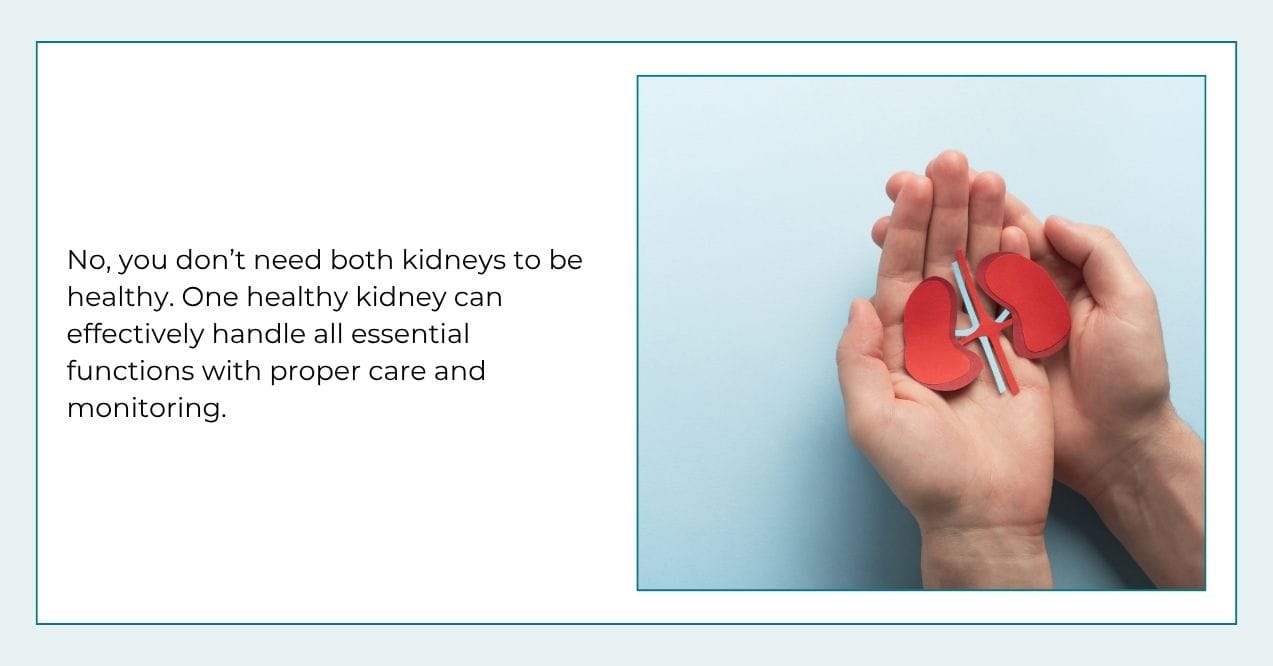
Two kidneys provide a built-in backup system. But do you need both kidneys for good health? The answer is no. While having two kidneys offers redundancy, one kidney handles the job effectively. The difference lies in having less reserve capacity if problems develop.
One kidney performs admirably under normal circumstances. However, if that kidney faces challenges, you lack a backup. Challenges might include infection, injury, or disease. This reality makes protective measures more significant. Regular monitoring matters more too. With proper care and attention, a single kidney may work well for decades. The key involves treating it well and catching potential issues early.
How to Monitor Your Kidney Health Over Time
Regular monitoring helps detect problems before they become serious. Annual checkups should include specific kidney function tests. These screenings provide baseline data. They also reveal any concerning trends that warrant action.
Most healthcare providers recommend more frequent monitoring initially. This typically lasts the first year after kidney loss. Then visits settle into an annual pattern if results remain stable. If you develop high blood pressure or diabetes, more frequent testing may be necessary. These conditions affect kidneys directly. Staying engaged with your healthcare team gives you the best chance of long-term success.
Important Lab Tests
Three main tests assess kidney function effectively:
- Glomerular filtration rate (GFR) – Measures how efficiently your kidney filters blood. Results above 60 indicate adequate function. This calculation uses your blood creatinine level, age, and gender.
- Albumin-to-creatinine ratio (ACR) – Detects protein in your urine. Normal results show minimal protein leakage. Elevated levels warrant investigation.
- Basic metabolic panel – Checks electrolyte balance and waste product levels. Together these tests paint a complete picture.
Warning Signs to Watch For
Contact your healthcare provider if you notice any of these symptoms:
- Swelling in your ankles, feet, or face
- Changes in urination patterns including increased nighttime frequency or foamy urine
- Persistent fatigue beyond normal tiredness
- Loss of appetite or difficulty concentrating
- High blood pressure readings, especially if previously controlled
- Nausea or a metallic taste in your mouth
Don’t wait for your next scheduled appointment if these changes occur.
Natural Ways to Care for Your Kidney
Lifestyle choices significantly influence how well your kidney functions. Simple daily habits may help keep performance strong. They may also potentially reduce risks associated with having one kidney. These approaches work alongside medical care.
Prioritizing sleep helps your body with repair processes. Managing stress through relaxation techniques may help control blood pressure. This directly affects kidney health. Avoiding tobacco products prevents damage to kidney blood vessels. Limiting alcohol consumption reduces strain on your body’s filtering systems. Small, consistent choices accumulate into meaningful protection.
Dietary Herbs and Botanicals
Certain plant compounds have been traditionally used for kidney health. Research on their effectiveness varies though. Dandelion leaf acts as a gentle diuretic. It may help flush toxins without depleting potassium levels. Cranberry contains compounds that potentially help urinary tract health. It may reduce infection risk too.
Parsley offers antioxidants. These may help protect kidney cells from damage. Turmeric contains curcumin, which has properties that potentially benefit kidney tissue. These botanicals appear in many formulations designed for kidney care. You should consult your healthcare provider before adding supplements to your routine though.
For those interested in additional care options, kidney health supplements often combine complementary ingredients. These may work together to help with kidney function. Quality formulations include botanicals alongside nutrients like vitamin B6 and magnesium. These play roles in kidney metabolism. The supplements aim to work with your body’s natural processes. They may help when combined with proper diet and hydration. Always discuss supplement use with your healthcare team first. This ensures compatibility with your specific situation.
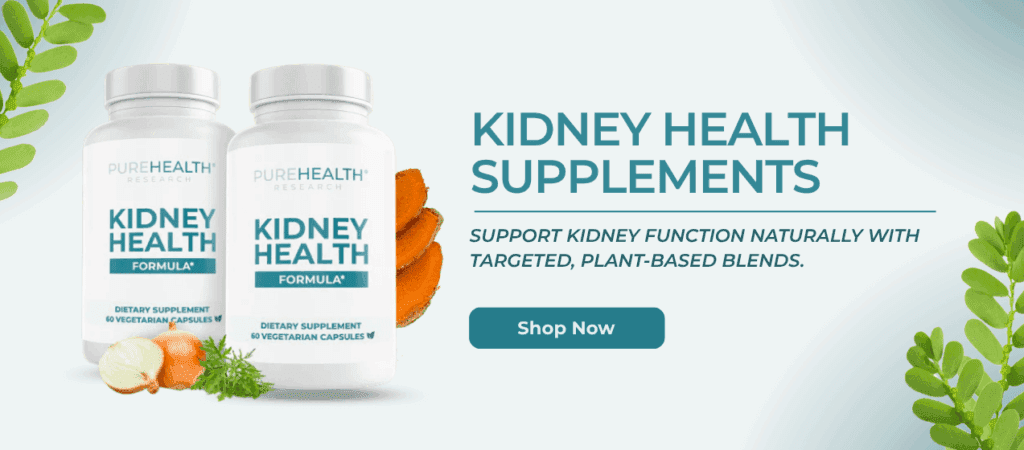
Conclusion
Can you live with one kidney? The evidence overwhelmingly shows that yes, you can thrive. Your body adapts remarkably through compensatory growth. One kidney can handle the workload of two. The keys to long-term success include protecting your kidney from injury. Making informed lifestyle choices matters too. Staying well-hydrated helps significantly. Regular medical monitoring catches problems early.
Whether you were born with one kidney or had one removed, your outlook remains positive. You might have donated to help someone in need. With awareness and proactive care, you can expect to live a full life. Can you live with one kidney becomes a question you confidently answer with yes.
Yes, most people with one kidney live completely normal lives. Work, travel, and daily activities continue without restrictions. The remaining kidney adapts to handle the full workload. With regular monitoring and healthy habits, life expectancy remains similar to those with two kidneys.
Limit high-sodium processed foods, excessive protein, and sugary beverages. Moderate your intake of foods high in potassium or phosphorus if tests show elevated levels. Focus on fresh vegetables, fruits, whole grains, and lean proteins instead. Stay well-hydrated throughout the day.
You can participate in most sports safely. Contact sports like football and martial arts carry higher injury risks though. Swimming, tennis, cycling, and golf offer safer alternatives. If you choose contact sports, protective padding may help. It cannot eliminate danger completely though.
NSAIDs like ibuprofen and naproxen may potentially reduce kidney blood flow. They could cause damage with frequent use. Acetaminophen generally poses less risk when used as directed. Always consult your healthcare provider about pain management options that work safely.
Sign up for our Healthy Living newsletter!
Advertisement. This site offers health, wellness, fitness and nutritional information and is designed for educational purposes only. You should not rely on this information as a substitute for, nor does it replace, professional medical advice, diagnosis, or treatment. If you have any concerns or questions about your health, you should always consult with a physician or other health-care professional. Do not disregard, avoid or delay obtaining medical or health related advice from your health-care professional because of something you may have read on this site. The use of any information provided on this site is solely at your own risk.



